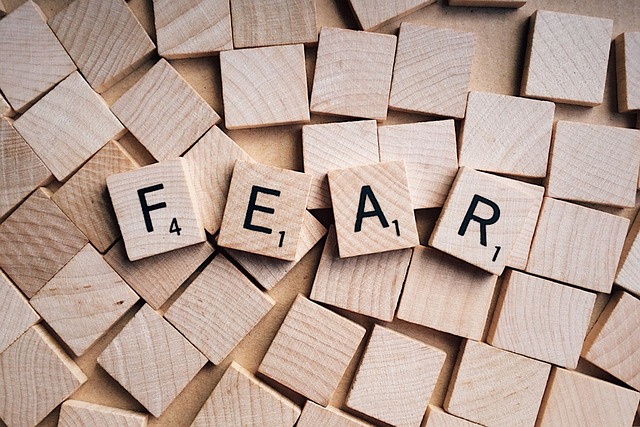In the menu below you will find more information about the more common phobias which I have helped my clients to overcome.
However, the same principles of therapy can be effective in any phobia, even the most unusual ones. Please inquire if you don’t see your own phobia on the list.

Where do those long names come from?
You may be wondering why I don’t include a long list of those strange-sounding names of phobias. You can find plenty of those lists online if you just google “list of phobias.” Knowing these names could be useful in a pub quiz, but they’re really not very relevant for practical purposes. And they’re not much used by real psychologists and psychotherapists. Here’s why that is.
These words are actually from the Greek language. They are simply the Greek word for the thing feared, plus the Greek word for “fear” which is “phobia.” So for instance in the word “agoraphobia.” The word “agora” was the ancient Greek word for the marketplace in the centre of a city. This was a wide open space, in which an agoraphobic person might feel anxious.
Likewise with the word “acrophobia” which means a fear of heights. This comes from the Greek word “akron” meaning “summit.” The famous Acropolis in Athens, capital of Greece, is the “summit of the city.” It is the highest point in the city where the most important buildings were located. “Polis” means city in Greek. So an acrophobic person would feel anxious if they climbed to the summit of the Acropolis and looked down off the edge.
Why knowing names of phobias can be misleading.
Now this is all very interesting, but I’ve had very few clients who were actually Greek. There’s not a big Greek-speaking population here in the Southwest. And in any case these names are from Ancient Greek not modern Greek. I believe that English is just as good a language as Ancient Greek. So it makes sense to use English words which all my clients will easily understand. Using Greek words for common phobias comes from a time when English people felt their own language was inferior to Greek. This was because the Greeks were civilised and literate long before the people of Britain.
More important, even if I know that a person has agoraphobia, that still only tells me a little bit of what I need to know if I want to help that person overcome their fears. For instance, one agoraphobic person might fear fainting or losing their balance in a public place. Another might be more afraid of the other people who are in that space, if it was a market for instance. A third person might still fear a specific thing that happened to them long ago in a public place,. So really every client’s phobia is a separate phobia, unique to that person. And each client will need an individualised therapy tailored to their needs.
 Skip to the content
Skip to the content
